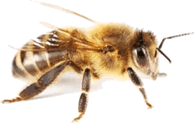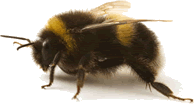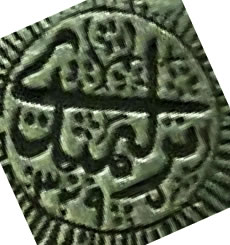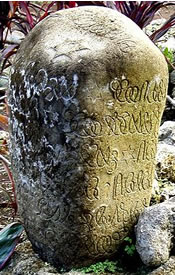Yesterday I learnt the wonderful word metagrobolised on a radio show about words and language called A Way with Words, in which they discuss and answer listeners’ questions about words, idioms and language. It’s broadcast of public radio in the USA and podcasts of the show are available online. I was aware of the show before, but only got round to listening to it yesterday, mainly because they mention Omniglot on the latest one.
metagrobolised means “totally perplexed and mixed up” or “full of difficulty or confusion or bewilderment” [source]. It is also spelt metagrabolised, metagrabolized or metagrobolised. This word appears as matagrabaliser in Sir Thomas Urquhart’s translation of The Works of Rabelais, and was “a word forged at pleasure, which signifies the studying and writing of vain things.” Apparently the word matagraboliser first appears in Rabelais’ story Gargantua and Pantagruel and combines the Greek words μάταιος (mataios – useless), γράφω (grapho – write),
and βάλλω (ballo – to throw away), making ματαιογράφοβαλίζειν, which became matagrabaliser in French. [source].
In François Lacombe’s Dictionnaire du vieux langage françois, matagroboliser is defined as “prendre beaucoup de peine pour ne rien fair qui vaille” (to take great pains to do nothing of worth).
Other interesting words they discuss include gruntulous – to speak in a grunting fashion, and spox [spoʊks], a journalistic abbreviation of spokesperson. They also ponder why curiosity is associated with the nose – if you’re interested in other people and what they’re doing, you might be called nosy, or you are said to have a big nose, or to be sticking your nose/beak into things.
According the the Online Etymology Dictionary, nosy meant “having a prominent nose” in the 17th century, and came to mean “inquisitive by the late 19th century. The name “Nosey Parker” for an inquisitive person dates from 1907.
The word nose comes from the Old English nosu, from the Proto-Germanic *nusus, from Proto-Indo-European *nas-. From the late 16th century nose was used to mean “something obvious”, and the sense of “to pry or search” was first recorded in the 1640s, while the expression “pay through the nose” appeared in the 1670s [source].
Is the nose associated with inquisitiveness and prying into other people’s business in other languages?



